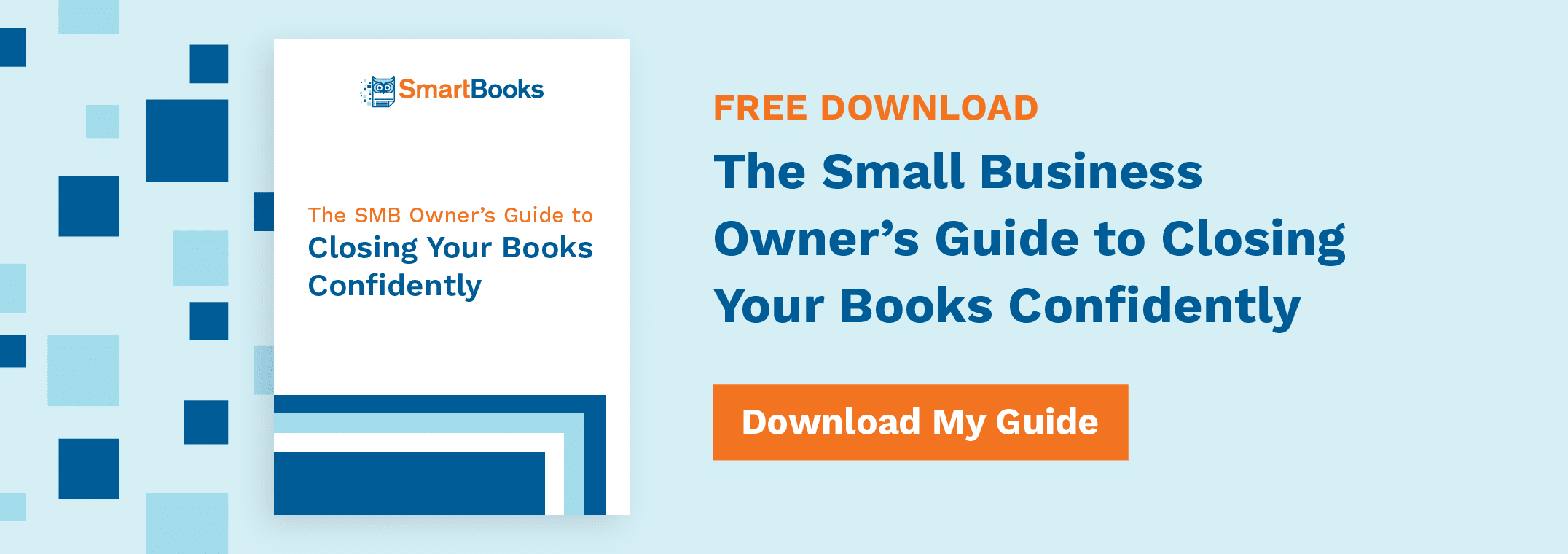5 Commonly Used Small Business Payroll Options

Making sure that your employees get paid promptly and correctly is vital to the success of your small business. But when it comes to small business payroll options, which one is best for you?
There’s no single answer to that question. It will depend on factors that are unique to your small business, including your budget, how many employees you have, and how frequently you pay them.
Educating yourself on the different options available is the first step toward choosing the right one for you. Below are some of the most common payroll options for small businesses.
Do It Yourself
Plenty of small business owners opt to deal with payroll by themselves. The advantage is that it’s fairly simple: it doesn’t require paying or hiring an additional employee, and it puts you in control of the money.
However, this option isn’t necessarily the best choice for small business owners. Because of the many responsibilities you’re dealing with on a day to day basis, it can be easy to fall behind.
Additionally, since you might not be a professional bookkeeper or accountant, you could make mistakes. Errors in payroll can have unpleasant results, including angry employees or even trouble with the IRS.
Hire a Part-Time Bookkeeper
Another small business payroll option is hiring a part-time bookkeeper. This can be a great option for some businesses. For others, having someone come in on a part time basis can create confusion–and in-between periods where bookkeeping tasks aren’t up to date.
It’s also worth keeping in mind that sometimes freelancers or contractors can charge high hourly rates.
In-House Bookkeeper
An in-house bookkeeper/accountant is another option for handling your payroll functions. This means that you have an employee who specifically deals with bookkeeping and accounting tasks, including but not limited to payroll.
Sure, it’s great to have a full-time professional on your staff to take care of things like accounts receivable and payroll. However, for many small businesses, it’s too much of a financial burden while you’re struggling to grow your business.
Bookkeeping Software
In recent years, many businesses have turned to bookkeeping software to handle payroll. There are many different programs out there with varying capabilities and price points.
While the software will take some of the heavy lifting out of the process, it will still require work on your part or on an employee’s part. Bookkeeping software can be a great option for payroll for small businesses, but it’s important to do your research before settling on a program to make sure that it will be able to meet your needs.
Outsourcing
For many small business owners, outsourcing payroll falls into the “goldilocks” zone. It’s easier and more reliable than doing it yourself, it’s less expensive than a full or part-time employee or hiring someone on a freelance basis, and it offers greater peace of mind than using bookkeeping software.
If you’re a small business owner who could use some help on payroll, consider outsourcing as a potential solution for your small business payroll needs!
A Variety of Options to Consider
As a small business owner, you have plenty of day to day responsibilities. Should payroll be one of them? If bookkeeping isn’t one of your personal strengths, consider one of the other small business payroll options available to you!
Get more tips to improve the bookkeeping and payroll functions in your business.
